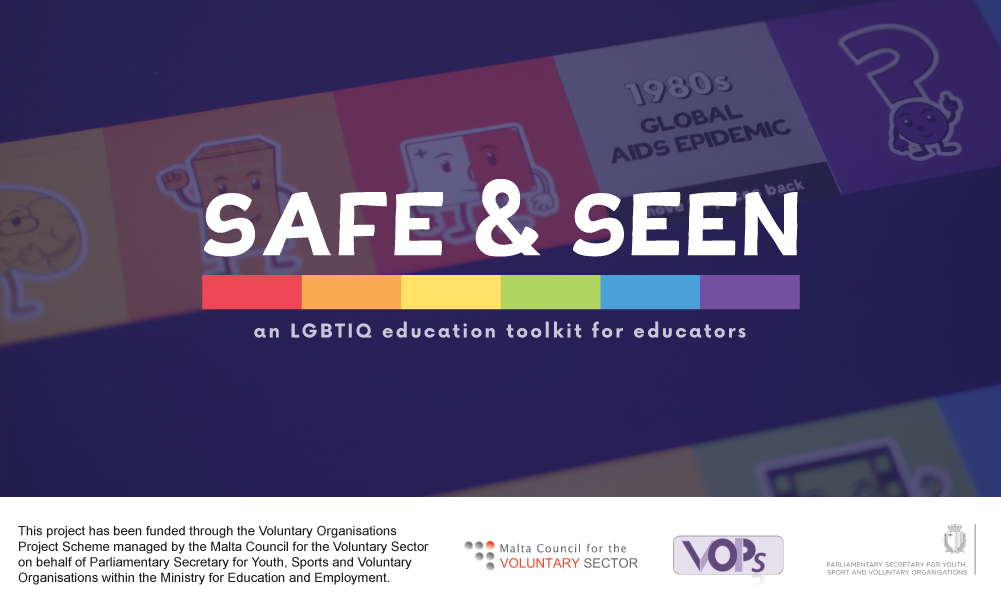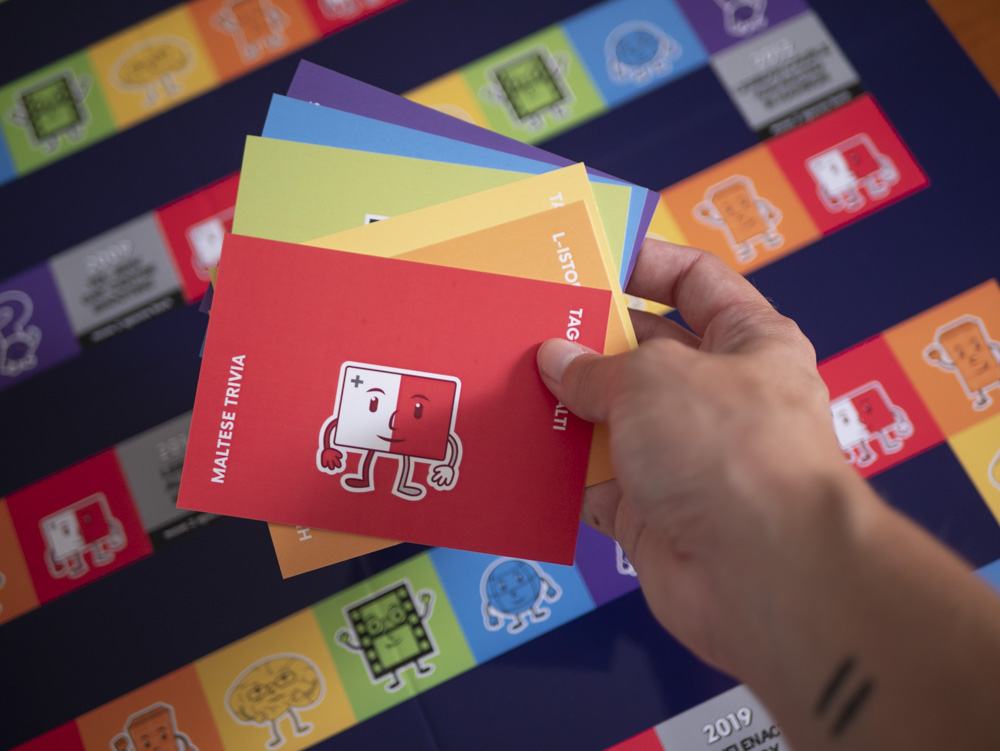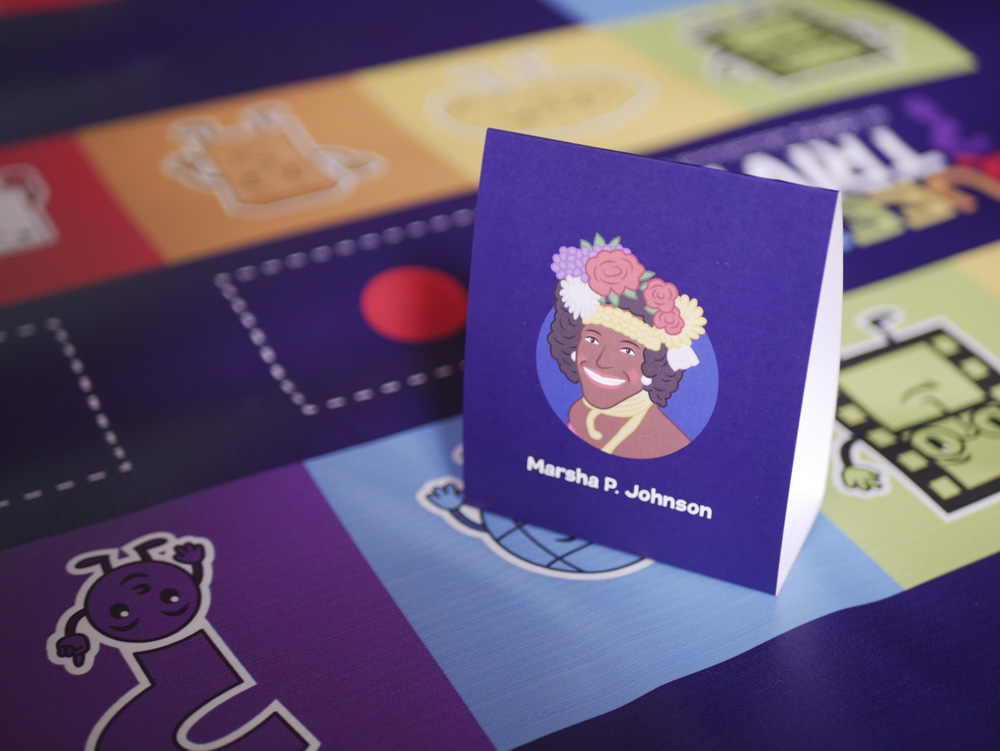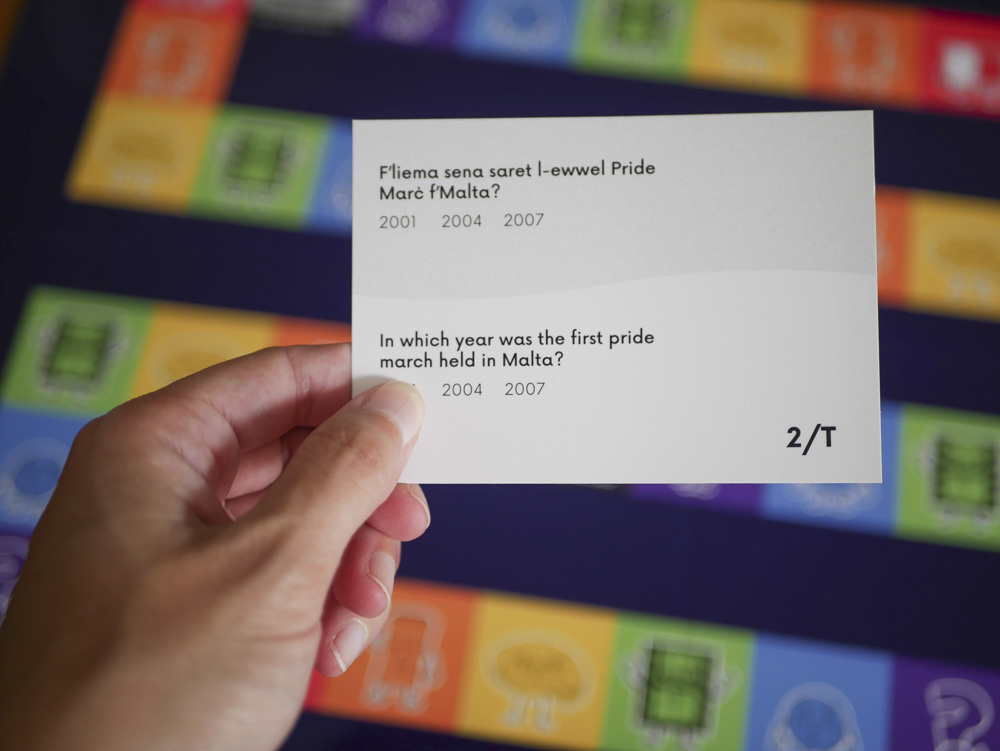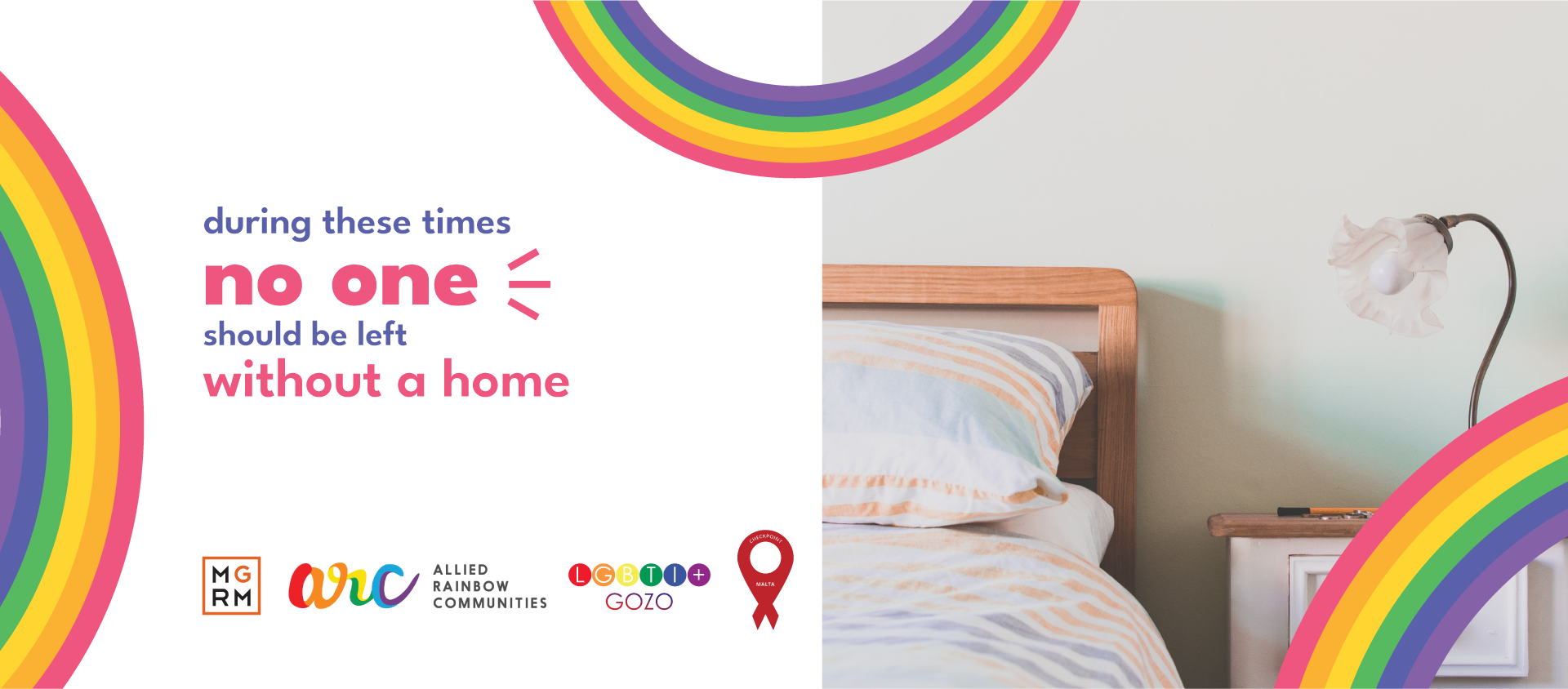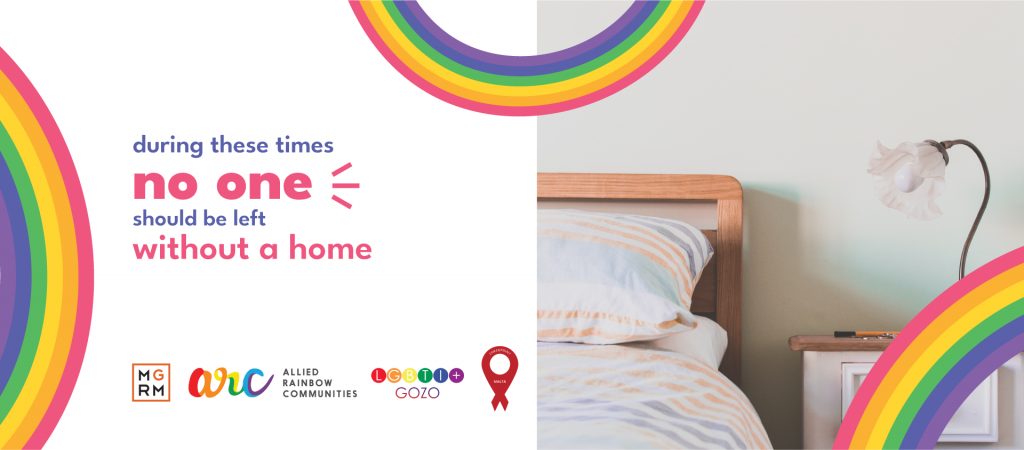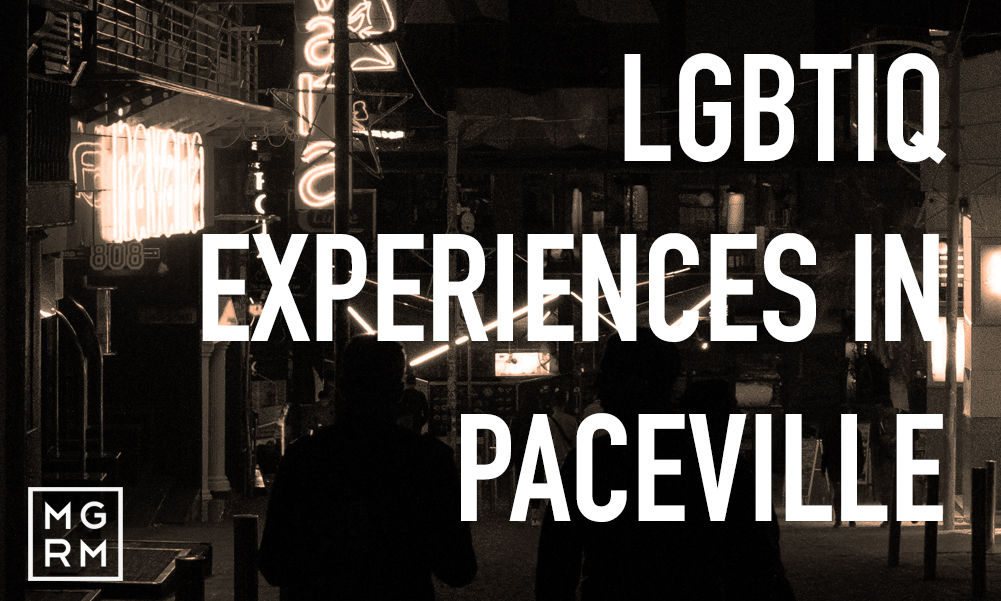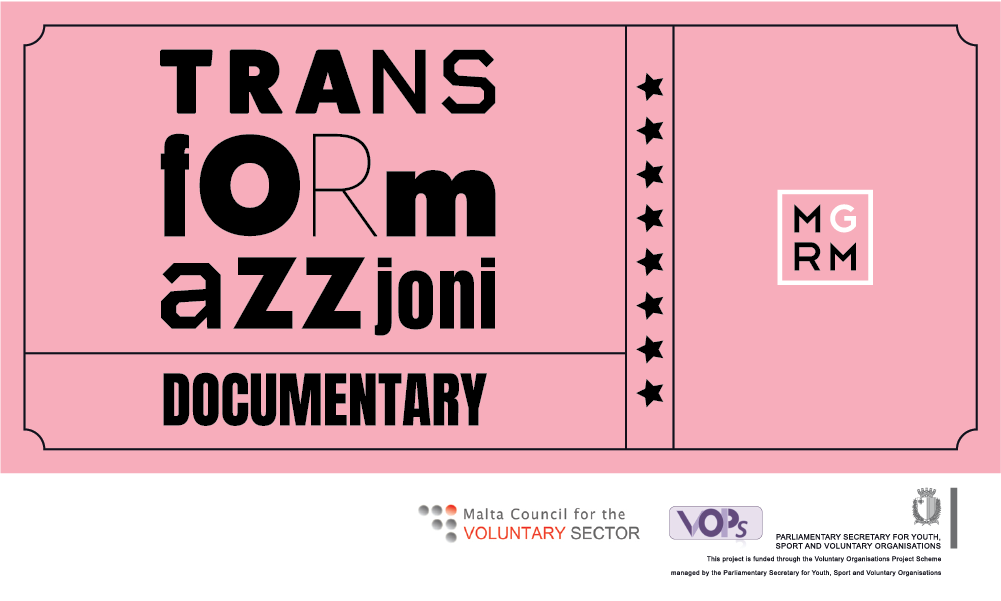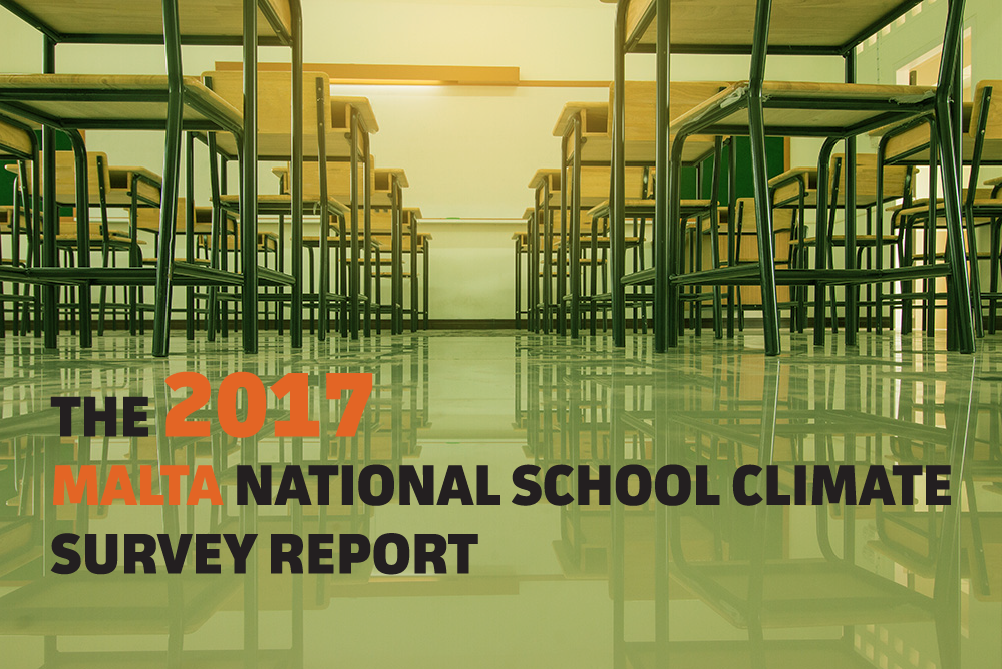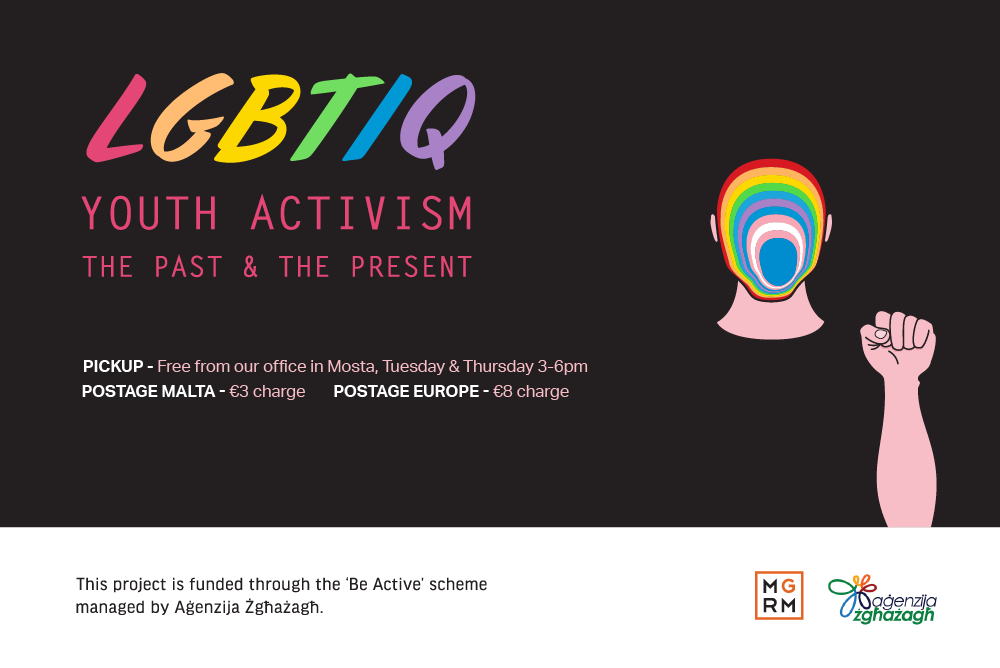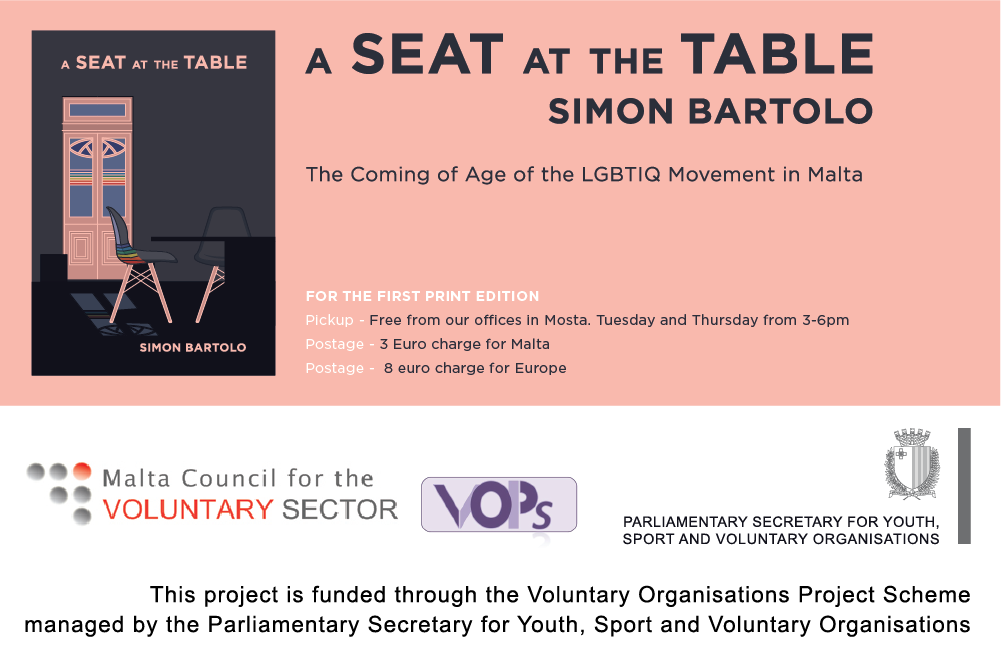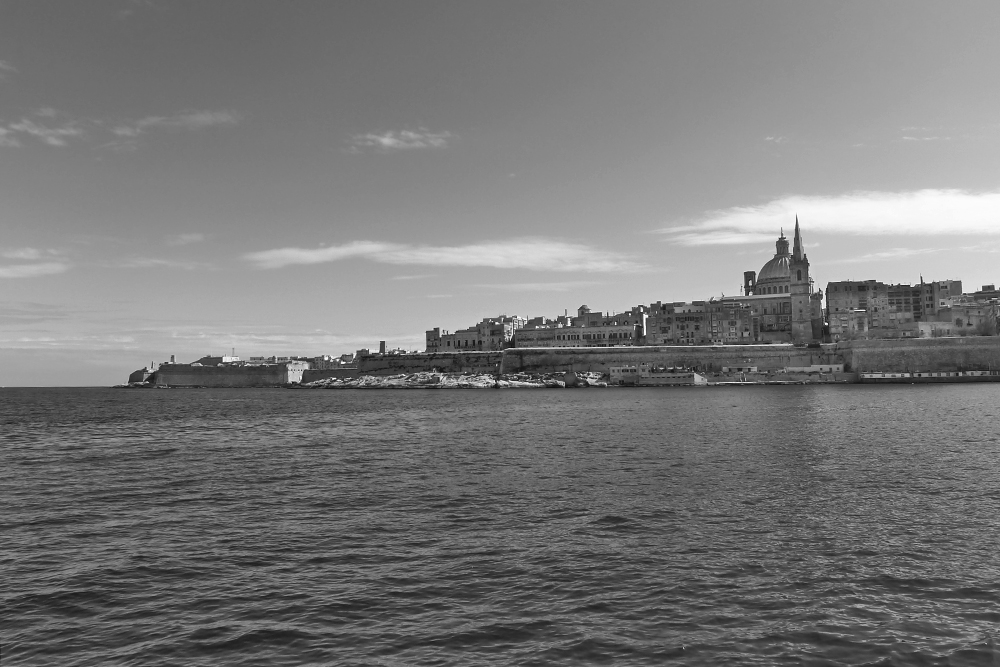Why should youths learn about LGBTIQ+ at school or in youth groups?
In 2017, MGRM conducted a survey among youth aged 13 – 22 in State and Church schools, and published the 2017 Malta National School Climate Survey Report in 2019. The survey reflected the absence of LGBTIQ affirming education, revealing the majority of respondents did not feel safe in their school environment and this has a negative impact on the wellbeing of students, and their educational success. However, LGBTIQ students tend to have positive feelings about their school when they find support from school staff, which highlighted the crucial role of educators in creating safe and accepting environments at school.
In the European Wide LGBTIQ Survey by the EU Fundamental Rights Agency, 17% of Maltese LGBTI teenage students (15 to 17 years old) were still hiding being LGBTI at school, while 73% found support from their peers and teachers. At the same time, only 48% said their school education address LGBTI issues in a positive way.
In the Special Eurobarometer 493 on Discrimination in the European Union, published in 2019, over 71% of respondents agreed that school lessons and material should include diversity on sexual orientation, being transgender and being intersex.
These surveys highlight the importance of inclusive education for all youths, both those who identify as LGBTIQ and those who do not. It allows them to be better informed, support their peers, create a safe and welcome environment that fosters understanding on a personal and social level.
What does this toolkit consist of?
- Structured workshop on history, with Powerpoint Presentations
- A Queer Trivia Board Game covering History, Culture, General Knowledge, Open Questions, Maltese and International trivia
- x2 Animated Explainer Videos
- Information Leaflets for support, youth and parents
Who is it for?
The toolkit is to be used by educators working with youths 12 years and older. That includes:
- PSCD, Social Studies, or History Teachers
- Youth workers
- Individuals who works with youths in groups
- Youth organisations
| Explainer Videos |
LGBTIQ+ bil-Malti
LGBTIQ+ (with Sign Language)
Genderbread Person
| HISTORY WORKSHOP |
The history workshop is split into 5 parts so you may continue on more than one day, and at the same time, not overload your audience with a lot of information in one go. Powerpoint Presentations, and the guide for each, can be downloaded below.
Youtube videos are playable in slides. Should you encounter issues, the video links are provided in the same slide to open in a browser.
Part 1: Native Americans
Download Presentation | EN / MT Download Guide
Part 2: The Holocaust
Download Presentation | EN / MT Download Guide
Part 3: Stonewall and Pride
Download Presentation | EN / MT Download Guide
Malta: Past to Present
Download Presentation | EN / MT Download Guide
Present Times Around the Globe
Download Presentation | EN / MT Download Guide
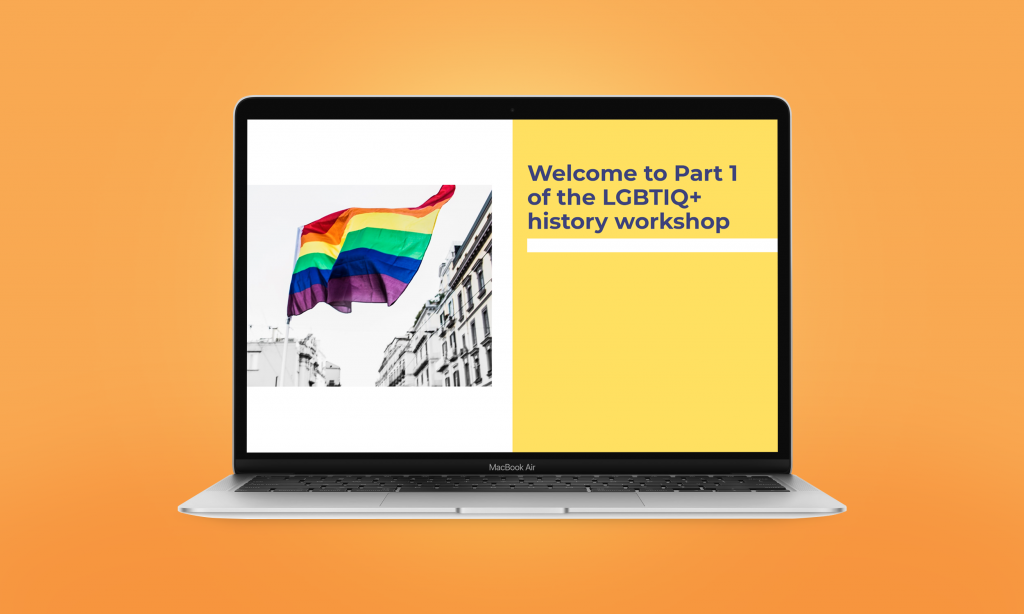
| QUEER TRIVIA BOARD GAME |
It is important to have watched the videos, and done the workshop before playing the Queer Trivia game. There are 6 themes, covering History, Culture, General Knowledge, Open Questions, Maltese and International trivia. Each theme is identified by a different colour of the Pride Rainbow. The board game consists of:
- Game mat
- 12 character pawns
- Dice
- 6 packs of themed cards
- Instructions
- Answers booklet
The board game comes in two forms. The only difference between the two is the size of the game mat and the character pawns. Which to choose depends on the number of game participants.
LARGE
150cm square game mat when open, suitable for a class or large group. The mat is provided folded, and in an archive box with the rest of the toolkit items.
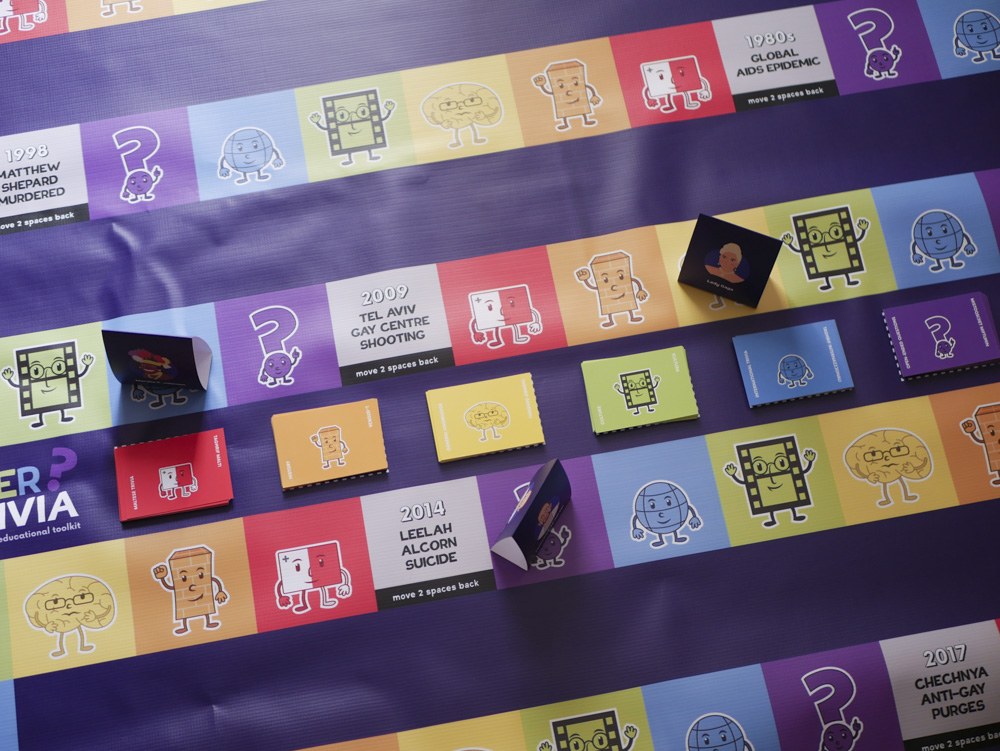
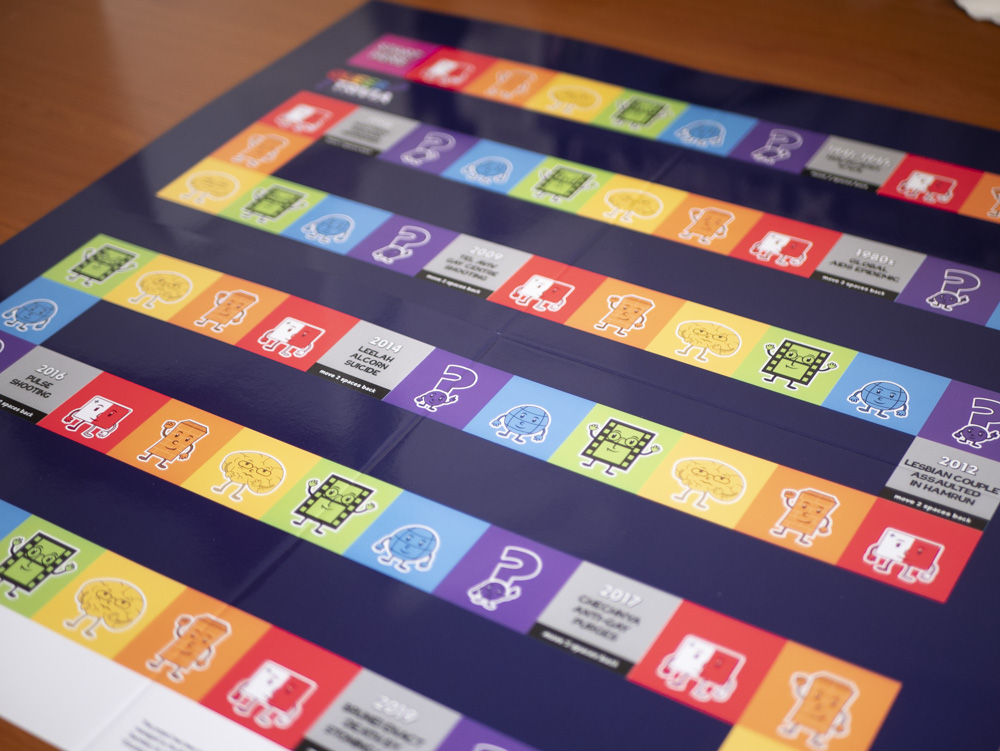
SMALL
50cm square game mat when open, is suitable for small groups. The mat is provided folded, and in an archive box with the rest of the toolkit items.
About the Project
Malta ranks first again, for LGBTIQ rights in Europe according to ILGA-Europe’s Rainbow Map and Index 2020, scoring 89%, with much of that progress having been registered through the adoption of policies and legislation.
The European Wide LGBTIQ Survey by the EU Fundamental Rights Agency which was published recently presented some surprising statistics for Malta. While on a positive note, the majority of LGBTIQ individuals saw a decrease in intolerance and violence, and viewed the Government leading the charge in fighting this; the report also showed that almost 50% still fear holding a same-sex partner’s hand in public and just over 20% avoided certain places.
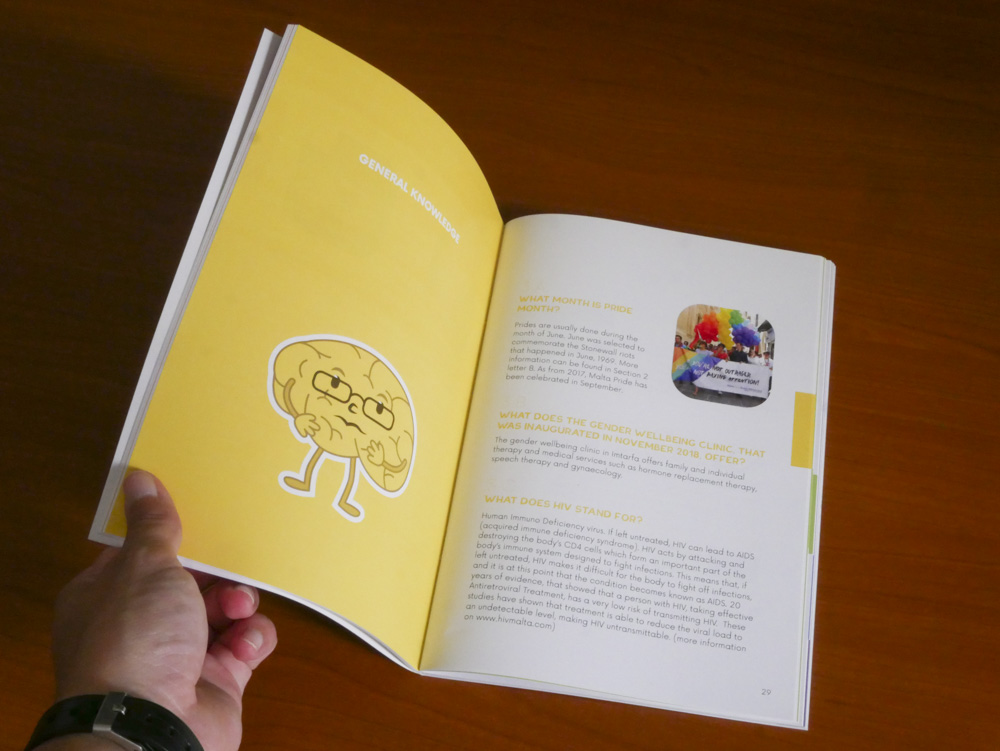
While much of what has been achieved is truly impressive, there is still work to be done in the area of education and awareness so that people in the community can be visible, and safe. This mainstreaming is an open-ended process.
Through this project, we hope to take this advocacy one step further by providing a service to the country’s educators, to ensure that they are better informed about how to incorporate LGBTIQ issues in the curriculum. By supporting all those working in education, we can tackle misinformation, try and combat ignorance, support greater understanding of the community as a whole, promote a safe and inclusive school environment as well as provide direct support for those struggling to deal with LGBTIQ issues or LGBTIQ individuals in the class room.
This project has been funded through the Voluntary Organisations Project Scheme managed by the Malta Council for the Voluntary Sector on behalf of Parliamentary Secretary for Youth, Sports and Voluntary Organisations within the Ministry for Education and Employment. This project/ publication reflects the views only of the author, and the MEDE and the MCVS cannot be held responsible for the content or any use which may be made of the information contained therein.


